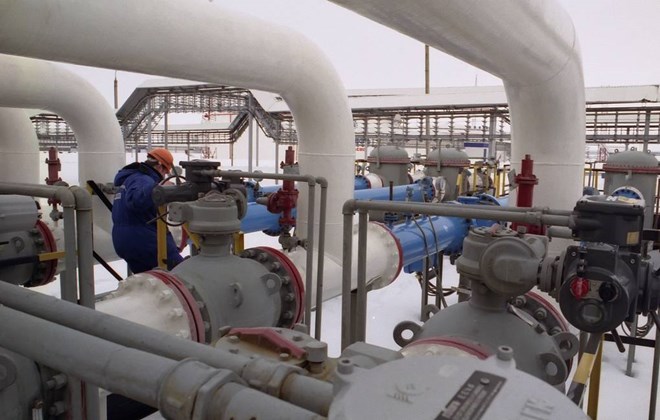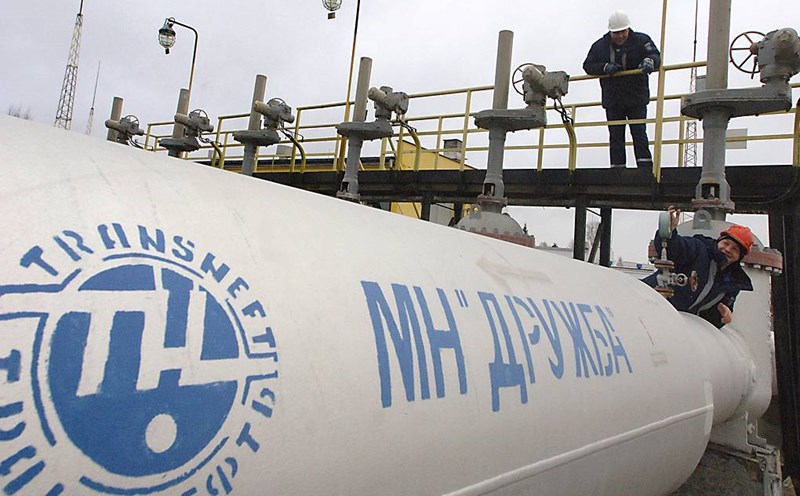In an article on social network X, Foreign Minister Szijjarto said that Ukraine had attacked the main oil pipeline between Russia and Hungary, threatening Budapest's energy security.
Szijjarto affirmed that Ukraine's actions are in violation of Hungary's national interests, warning that the energy security of the Eastern European country is also at risk of being affected because "a significant part of Ukraine's electricity comes from Hungary".
The warning was issued in response to a statement issued on August 18 by Ukrainian Foreign Minister Andrey Sibiga.
Mr. Sibiga wrote on X that, "Hungary has done its best to maintain dependence on Russia" even after the Ukraine conflict escalated in February 2022 and despite "a warning for many years that Moscow is an unreliable partner".
Hungarian officials have previously expressed outrage after Ukraine attacked the Druzhba pipeline, saying it was part of a joint effort between Kiev and the European Union (EU) to drage Hungary into the conflict in Ukraine.
Notably, Ukraine attacked the Druzhba pipeline twice in just about a week, the first time on August 13 and the next time on August 18.

Druzhba is one of the world's longest pipeline networks, transporting about 4,000km of crude oil from Russia and Kazakhstan to the Czech Republic, Germany, Hungary, Poland and Slovakia.
Unlike most EU countries, Budapest has always refused military aid to Kiev and is one of the countries that strongly criticizes the bloc's sanctions against Russia.
Relations between Hungary and Ukraine have been said to have deteriorated in recent years, with Budapest accusing Kiev of discriminating against the Hungarian ethnic minority community in western Ukraine.
Commenting on the latest attack on the pipeline, Russian Foreign Ministry spokeswoman Maria Zakharova said that the current Ukrainian leadership is posing a threat to all neighboring countries.
Ms. Zakharova noted that Moscow has repeatedly warned about this since the Maidan coup in Ukraine, which was backed by the West in 2014.











